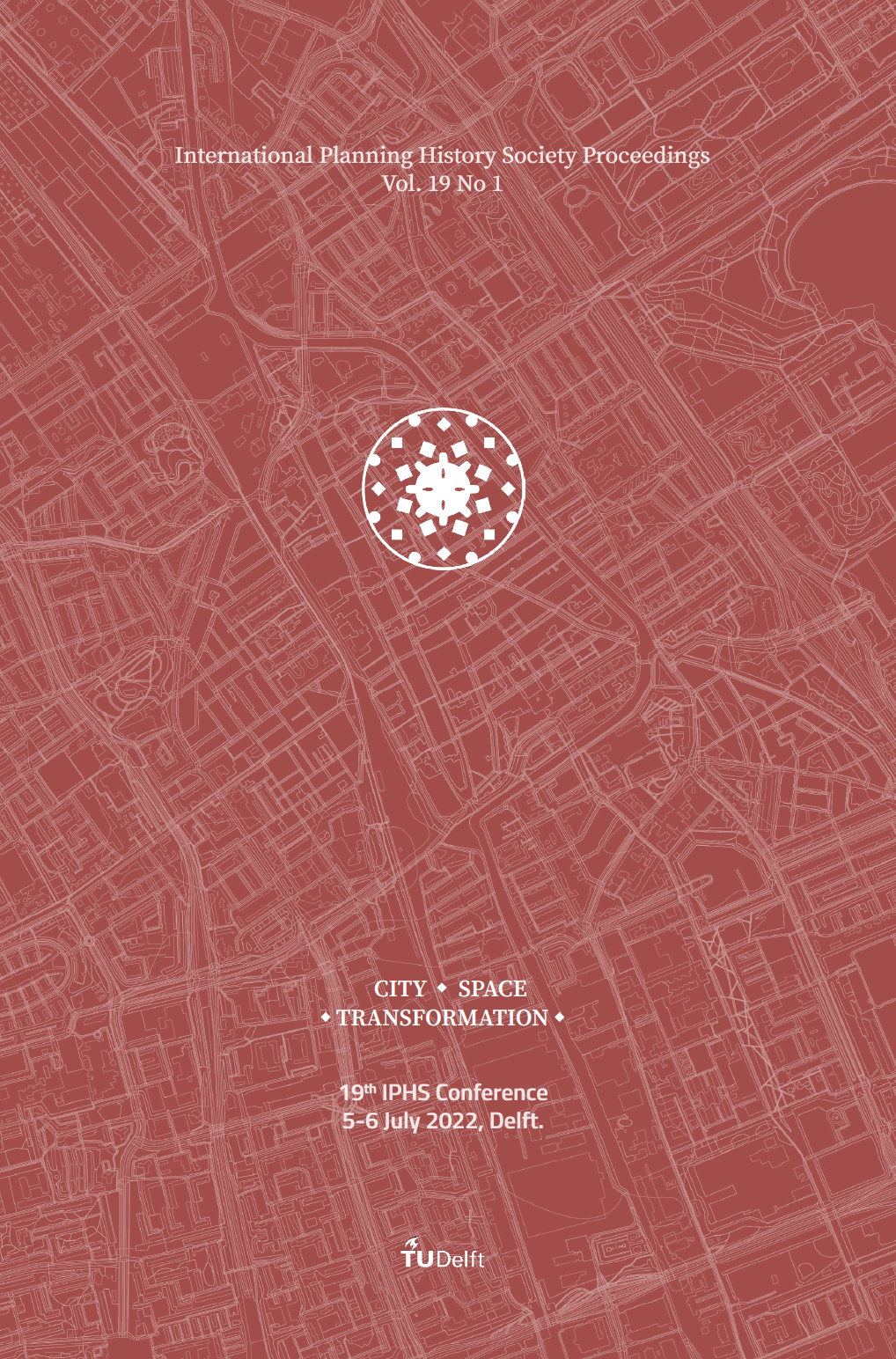Urban planning and politics
Contradictions, continuities and ruptures during the 1960s in Brazil
DOI:
https://doi.org/10.7480/iphs.2022.1.6503Abstract
This paper aims to reflect on the relationship between urban planning and politics in Brazil from the 1930s through to the beginning of the 1970s. During this period, it is possible to observe a number of processes in the field of urban planning: a gradual, complementary link established between the field of knowledge and professional practice; an expansion of the area covered by studies, analyzes and proposals; and a link between plans, proposals and State actions.
A number of different institutions were organized with the aim of elaborating, discussing and executing plans, and were central not only to the process of building and legitimizing different aspects of exercising the professions of the urbanist and the urban planner, but also for the diffusion of a new conception of plans and urban instruments.
The period, with its political and economic determinations, was not homogeneous, and also presented significant differences, including periods with authoritarian and democratic governments, thereby rendering a strong impact on the political and intellectual environment, focusing on political structures and on political and civil rights.
We therefore propose to address the slow institutional construction of formulating urban policy, the contradictions between a progress project and a new social order, and finally the ideological crisis of urban planning in the 1970s and the signs of its transformation.
Downloads
Published
How to Cite
Issue
Section
License
Copyright (c) 2022 Maria Cristina da Silva Leme

This work is licensed under a Creative Commons Attribution 4.0 International License.

